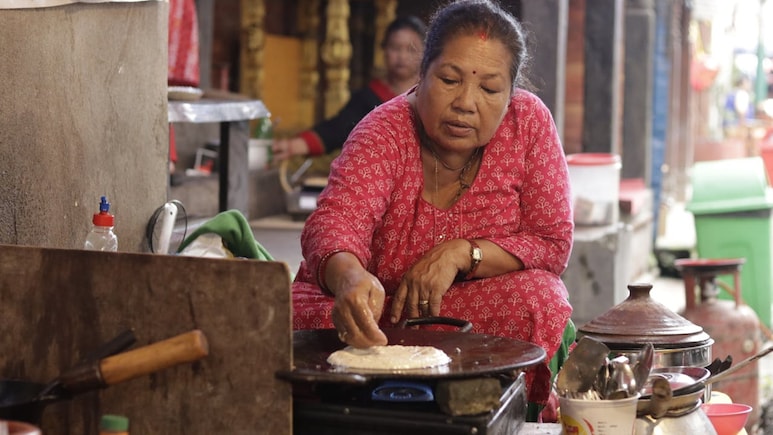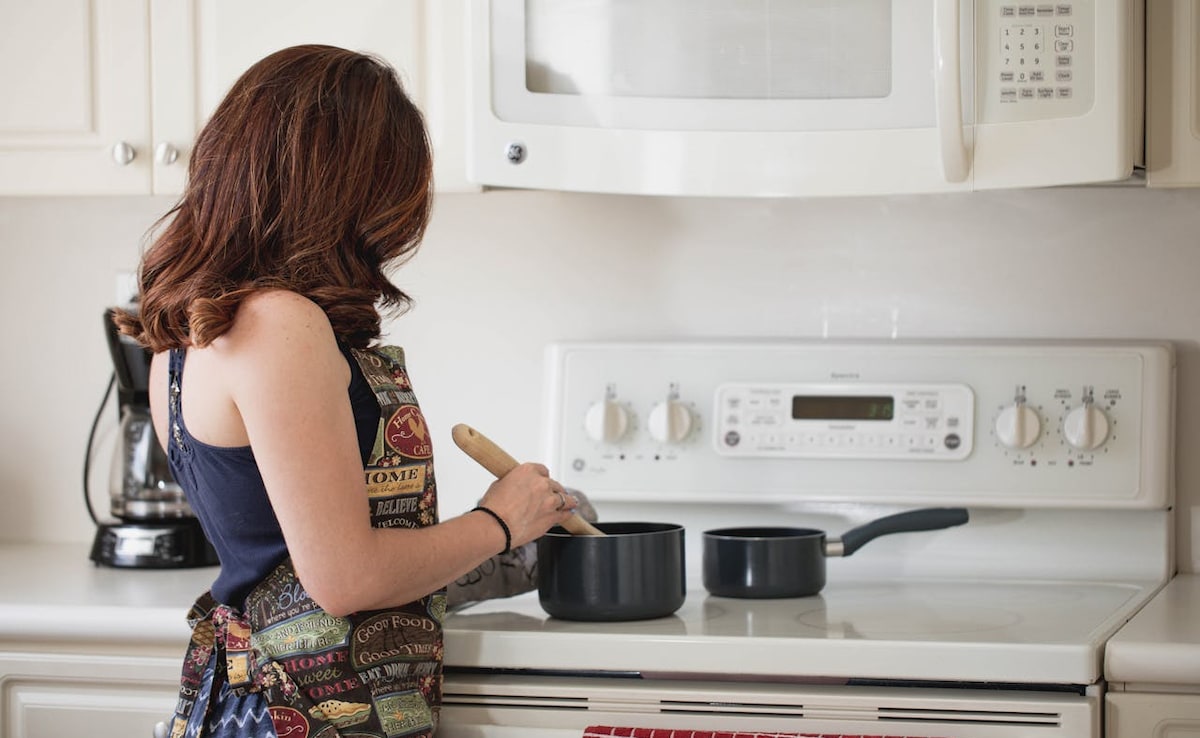
The National Capital Region is under a thick haze of hazardous air the day after Diwali. Recent readings show that four monitoring stations in Delhi have reported an Air Quality Index (AQI) above 400, placing them in the "severe" category. With such levels, public health advisories urge seniors, children and those with respiratory conditions to minimise outdoor exposure. Yet one matter often overlooked is what happens inside homes? When the outdoor air is toxic, indoor spaces can become stealth danger zones, particularly during cooking.
In homes across Delhi-NCR, cooking aerosols, open windows drawing in polluted air and inadequate ventilation can rapidly degrade indoor air quality. The result is a double whammy of ambient pollution plus kitchen fumes.
Why Indoor Cooking Safety Matters Now
When the AQI breaches "severe" levels (AQI > 400), outdoor air is packed with fine particulates (PM2.5, PM10), soot, smoke and chemical pollutants. Bring this in through open windows or vents, and add cooking emissions, and your indoor environment becomes a high-risk zone. Research shows that roasting or frying at high heat can increase indoor PM2.5 levels to more than ten times baseline values. So, while you may avoid stepping outside, your kitchen could turn into a mini pollution chamber.
Safe Cooking Tips For Severe AQI Zones
If you or your loved ones are staying in a severe AQI zone in Delhi-NCR or anywhere else, here are some safe cooking tips you should use:
1. Ventilate smartly, not simply widely:
Keep windows closed when outside air is at its worst, and instead use a kitchen exhaust fan or chimney to channel fumes out. Ventilation by opening windows may draw in polluted outdoor air and worsen indoor air quality.
2. Use lids and lower heat when frying:
High-heat frying releases more smoke and tiny particles. Use lids, moderate your flame, and cook for shorter durations.
3. Choose air-cleaner or purifier for kitchen or adjoining areas:
A HEPA-filter air purifier nearby can reduce indoor particulates, especially useful when you're cooking through the evening.
4. Time your cooking wisely:
Avoid cooking during early morning or late evening when outdoor pollution surges. If possible, cook during better-quality air windows, or split tasks so the kitchen is used minimally.

Photo Credit: Pexels
5. Avoid burning things indoors:
Refrain from lighting incense, candles, or using charcoal indoors when the AQI is severe. These add to the pollutant burden and may interact with kitchen emissions.
6. Clean cooking surfaces and filters:
Grease and residue trap particles. Clean vents, chimneys and filters regularly so they work efficiently.
7. Monitor indoor air quality occasionally:
If you notice more coughing, irritation or smell of smoke inside even with windows closed, it suggests indoors is not safer than outdoors. Consider portable air-quality monitors.
For families with children, elderly members or people with lung/heart conditions, these tips becomes critical. Cooking with polluted air coming in, or in a non-ventilated kitchen, may trigger asthma, worsen chronic bronchitis, or contribute to short-term headaches and irritation.
Nutrition and hydration also matter because when indoor air is stale, your body's ability to clear irritants weakens. Drink plenty of water, include antioxidant-rich foods (fruits, green vegetables) and avoid heavy fried food that already burdens your system.
In Delhi-NCR's current "severe" air-quality phase, staying indoors alone isn't enough, and how you cook matters. The kitchen can become a hotspot for indoor pollution if precautions are ignored. By combining smart ventilation, cleaner cooking practices, and air-quality awareness, you can protect your home and lungs from the season's twin threats: ambient smog and indoor emissions. After all, preparing a meal should nourish your family, not compromise their health when the air outside is already working against you.
Disclaimer: This content including advice provides generic information only. It is in no way a substitute for a qualified medical opinion. Always consult a specialist or your own doctor for more information. NDTV does not claim responsibility for this information.
Track Latest News Live on NDTV.com and get news updates from India and around the world

